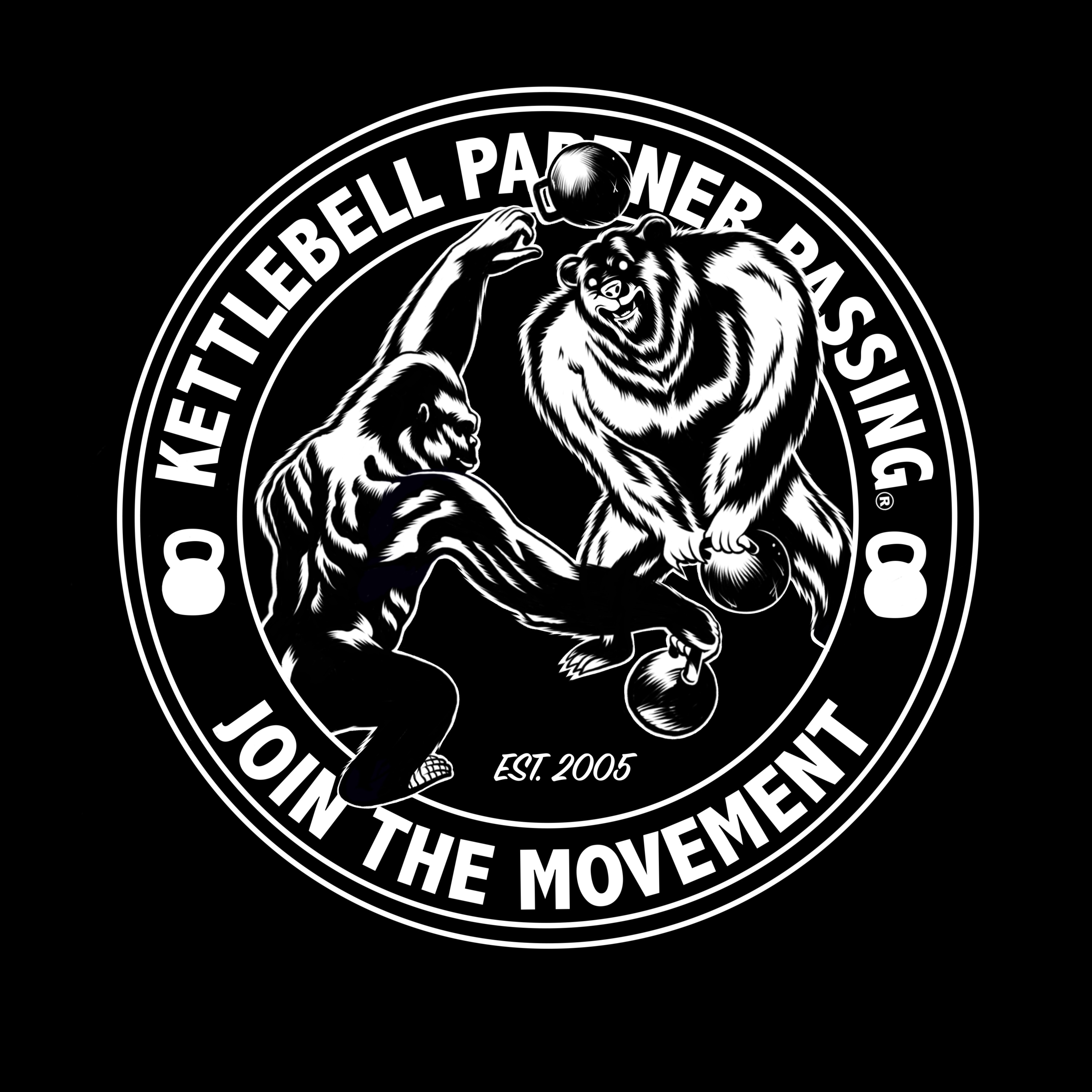9 Ways to Pick the Optimal Partner for KPP
- Kettlebell Partner Passing

- May 28, 2021
- 3 min read
Updated: Apr 6, 2022
The most important choice you’ll make when you embark on your Kettlebell Partner Passing journey is choosing your partner. Similar to a marriage or a business partnership, a KPP partnership is one that should not be formed lightly, as it will undergo trials and tribulations that test each person’s ability to communicate, cooperate, and relate on multiple levels.
When it comes to Kettlebell Partner Passing, if both you and your potential partner are interested in passing, you’re already ahead of the game! That being said, here are a few things to consider when choosing a passing partner.
9 Ways to Pick the Optimal Partner for KPP
1. Are they communicative?
A successful KPP partnership requires good communication between partners in order to send better passes and get into a state of flow together. While a partner doesn’t need to be an excellent communicator right off the cuff, at the very least they should have the desire to learn to communicate more effectively.
2. Are they cooperative or competitive? There are many competitive physical endeavors out there; KPP is not one of them. KPP flourishes when partners synergize rather than antagonize, as the goal is to sync up rather than one up. Seek a partner who values cooperation over competition and is more concerned about mutual success than winning.
3. Are they willing to give and take feedback and criticism?
In order to become an effective team, partners need to communicate honestly about how their partner can send them better passes as well as receive feedback on their passes. The partnership improves when both partners can hear criticism without taking it personally and adapt their passes accordingly in the moment.
4. Are they me-focused or we-focused?
While being self-aware is a useful tool, a partner who is only focused on themselves — positively or negatively — is a detriment to the partnership. Being completely focused on the self means the partnership and other partner’s needs are not the first priority. KPP partnership works when both partners are present and focused on achieving mutual aims as a “we” rather than self-serving goals as a “me”.
5. Do they have a kettlebell background?
Ideally, both partners are well-practiced in basic kettlebell skills prior to passing. Learning to swing, toss, and flip the bell are essential drills to practice before attempting KPP. If you and/or your partner do not have these skills, a great way to learn them is with the Kettlebell Solo Foundations online program.
6. Are they similar to you in size and strength?
While partners of any size and strength level can perform KPP together, there will be a limitation based on the weaker person’s abilities as well as the ease of passing if one partner is much shorter than the other. Partners who are similar in size and strength will have an easier time exploring the various avenues of KPP together, especially if they plan to increase the kettlebell weight they’re using or pass double bells in the future.
7. Are they encouraging and positive?
Since KPP is based on cooperation and communication, partners that are encouraging and positive will create a more harmonious partnership. Feedback and criticism are easier to handle when they are communicated in a positive manner, and partners that are encouraging will build better rapport with one another. Partners empower one another to grow and feel good about themselves, rather than breaking each other down.
8. Are they somebody that you feel trust, feel safe with, and are willing to be vulnerable with?
Passing kettlebells is a vulnerable experience, so it’s important to find a partner who makes you feel safe and supported. Each partner will experience fear, discomfort, and/or physical pain at some point during their passing practice, all of which are easier to work through in the company of a trusted friend.
9. Are they somebody you’re willing to stand for, and that you’re willing to allow to stand for you? In a strong partnership, each partner represents and backs the other. Be sure the partner you choose is someone you’re willing to stand behind and support, and who will do the same for you. Your partner is someone you trust to represent you, have your back, and stand for you in times of need.
Keep these considerations in mind when you are selecting a partner to pass kettlebells with. Kettlebell Partner Passing has the potential to build strong partnerships that help each partner improve their communication, cooperation, and relational skills. Finding the right partner to pass with who is open to growing together, stands for you, and has a positive influence on you can make a world of difference in your KPP experience and your life in general.



Comments